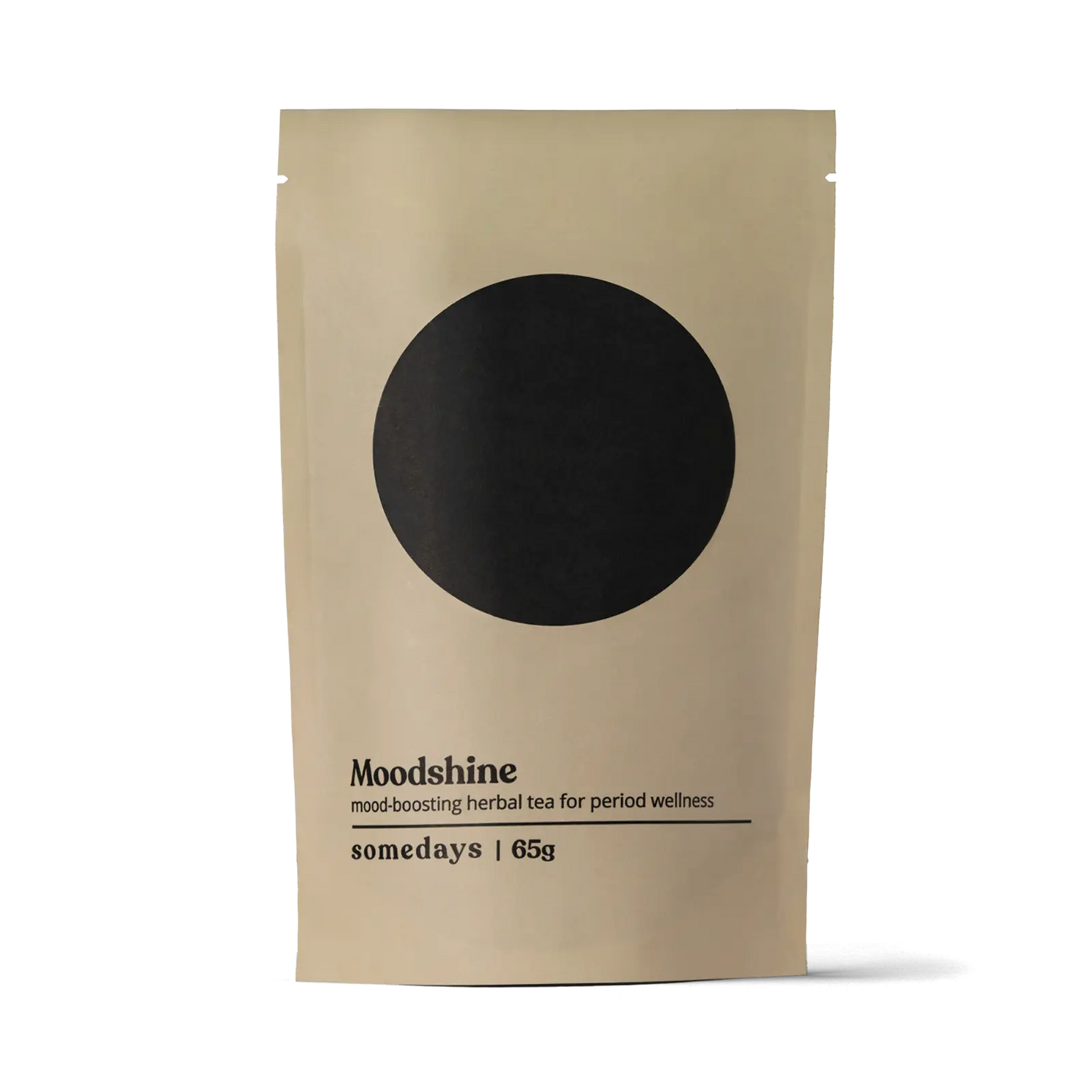How Endometriosis Affects Fertility

Navigating the intersection of endometriosis and fertility can stir up a range of emotions. Endometriosis is an inflammatory disease associated with immune dysfunction where tissue similar to the uterine lining grows outside of the uterus. If you have endometriosis, you’ve likely heard that it could cause fertility issues.
Having endometriosis is not a guarantee that you will have fertility challenges but it is more common. We know that a person with infertility is a whopping 6-8 times more likely to have endometriosis and around 30-50% of those with endometriosis experience infertility. But how exactly does endometriosis affect fertility and those trying to conceive?
Five Main Ways Endometriosis Affects Fertility
Lesion Location
Endometriosis lesions have been found in many different parts of the body, including the pelvic cavity, intestines, and urinary tract. Lesions located on the ovaries and fallopian tubes are associated with higher infertility rates.
When endometriosis lesions are on the fallopian tubes, they can cause physical blockages and inflammation, preventing fertilization and implantation. If lesions are located on the ovaries, they can impair ovulation entirely.
Distorted Anatomy
When the reproductive organs are not in the correct place or shape, it can impair their function. Lesion location, scar tissue (i.e. from endometriosis surgical diagnosis or treatment), and adhesions can all alter reproductive anatomy. As a result, fertilization and implantation may be impaired or prevented.
For example, if there are adhesions binding the fallopian tube to the pelvic wall, it may not be able to move in order to catch the egg after ovulation. If the egg does not enter the fallopian tube, become fertilized by sperm, and travel to the uterus for implantation, pregnancy will not occur.
Inflammation
Endometriosis causes chronic, systemic inflammation – this means there is inflammation found throughout the body. Studies have found that people with endometriosis have inflammatory substances in their peritoneal fluid. And since peritoneal fluid covers the internal organs, it can irritate the organs and impair their function.
As a result, ovarian function may be impaired and ovulation prevented entirely. Inflammation can also cause muscle contraction, increasing uterine contractions and inhibiting implantation.
Immune dysfunction
In order for implantation to occur, the immune system needs to be slightly suppressed so the body does not view the embryo as a foreign body and attack it. We know that sounds a bit intense, but luckily there’s already a built-in solution for this. The hormone progesterone is responsible for calming down the immune system and relaxing muscles.
In endometriosis, the immune system does not behave like it should. Studies have found increased IgG and IgA antibodies and lymphocytes in the uterine lining of those with endometriosis. Research has also shown that people with endometriosis also have progesterone resistance, where the uterine lining does not respond to progesterone normally. As a result, the uterine lining may not undergo the necessary changes to be receptive to implantation.
Ovulatory Disturbances
People with endometriosis are more likely to experience luteinized unruptured follicle (LUF) syndrome, anovulation, and luteal phase defects. In LUF, the follicle containing an egg receives the message to prepare for ovulation, however, the follicle never ruptures and the egg is not released. If there is no egg available for fertilization, pregnancy cannot occur.
A luteal phase defect is basically a short luteal phase, which is often caused by low progesterone levels. The luteal phase is the time in the menstrual cycle when fertilization and implantation occur – it takes about 10 days from the time of ovulation to implantation. If this phase is too short and the uterine lining sheds too early, implantation cannot occur.
Anovulation is a term that means no ovulation. If there is no ovulation, meaning an egg is not released, pregnancy is not possible. There are many different reasons for anovulation, including stress, malnutrition, hormone imbalances, conditions like PCOS, and other certain medications.
How Can I Assess my Fertility?
Your menstrual cycle is one of the best indicators of your fertility. If you don’t already chart your cycle, start! It’s recommended to learn from an instructor, especially if you plan to use your chart as a diagnostic tool.
There are many online directories you can use to find an instructor. The two best charting methods for people with endometriosis are FEMM and Creighton, as both pair with medical management.
What Can I Do Now?
Although there are many different ways that endometriosis can impact fertility, having endometriosis doesn’t automatically mean you’ll be infertile. Plenty of people with endometriosis go on to have healthy pregnancies and births. Your first step is to assess your own fertility and identify what exactly is causing fertility issues (if present). There are many factors that can affect one's fertility outside of conditions like endometriosis, so regardless of where you’re at in your trying to conceive journey, understanding your general health markers and getting a baseline is key. Once you know what’s going on, you’ll be equipped to treat it and take the next steps. There are also many holistic approaches you can tap into to help increase your fertility, including herbs.
We understand that navigating the complexities of endometriosis and infertility can feel daunting and overwhelming. However, it's important to remember that behind every challenge, there's a cause—and with it, a spectrum of treatment options available to help restore fertility. You're not alone in this journey, and we’re here to help.
If you or someone you know thinks they may have endomestriosis and has not yet been diagnosed you can take a free endometriosis risk assessment test HERE.
Morganne Skinner, BSN, RN is a registered nurse, herbalist, nurse writer, and fertility educator. Her experience with endometriosis led her to discover the wonders of fertility awareness as it helped her get diagnosed and manage her symptoms. Now she is passionate about teaching women how to chart their menstrual cycle to monitor their health and understand their bodies in her business Fertility Defined. When she's not teaching classes or in a coaching session, she is writing articles about fertility, endometriosis, women's health, holistic health, and nursing. Outside of work, Morganne loves going on hikes, dancing, crocheting, spending time with friends, and making her own herbal products.
Previous Article All Articles Next Article
All Articles


